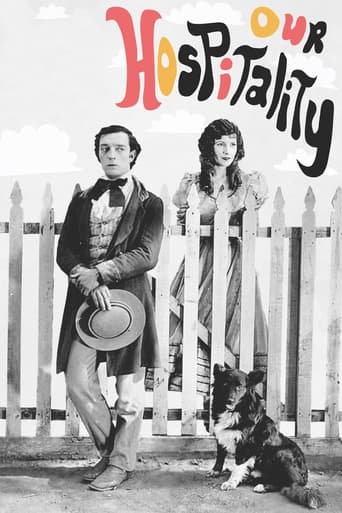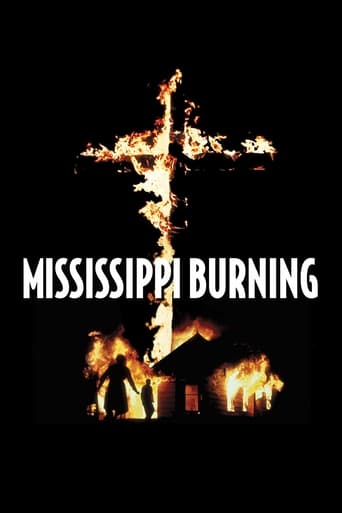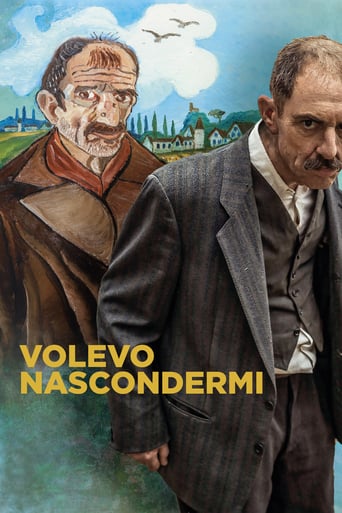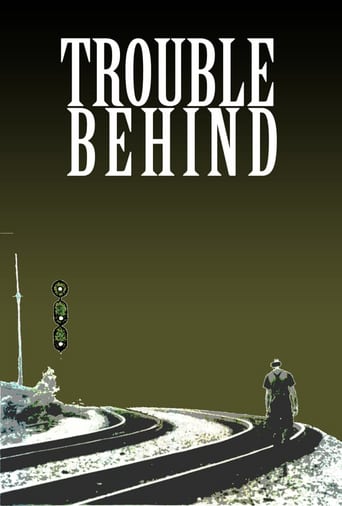

Trouble Behind (1991)
During World War I, African-Americans worked on the railroad near Corbin, Kentucky. When whites returned from the war, there was conflict. Whites sought their former jobs and positions in the community. In 1919, a race riot occurred. Whites put the African-Americans on railroad cars and ran them out of town. In Trouble Behind, members of the Corbin community speak out on the issue. The filmmakers also interview former members of the Corbin, which at the time of filming had only one black family. Some Corbin residents express confusion as to why African-Americans don't move back. Others openly use racial epithets. Some young adults seem troubled by the racism, past and present. Others don't.
Watch Trailer
Cast
Similar titles
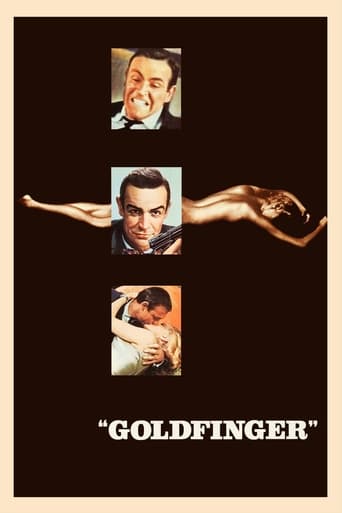
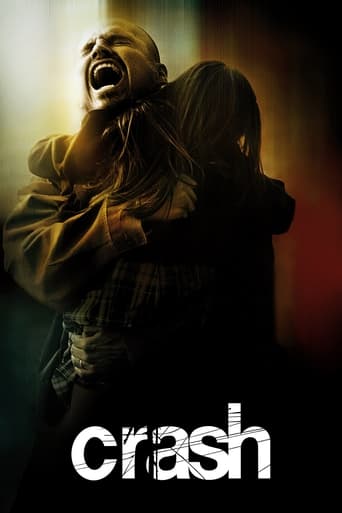
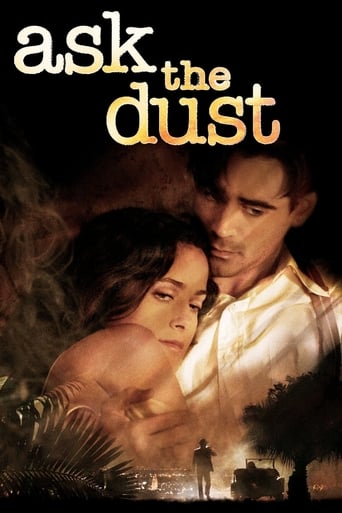
Reviews
Don't listen to the negative reviews
Pretty good movie overall. First half was nothing special but it got better as it went along.
The movie turns out to be a little better than the average. Starting from a romantic formula often seen in the cinema, it ends in the most predictable (and somewhat bland) way.
One of the worst ways to make a cult movie is to set out to make a cult movie.
I was born in Corbin and watched this documentary with my mother who was also born in Corbin. We traveled in the military so I wasn't as aware as I could have been about the history of Corbin. Mom made this documentary more interesting by her memories of the people who were interviewed. It's been many years since I've seen it but from her stories along with the film, I have to admit, Corbin does (and always will have) many many faults. Racism is a big one. There are many elderly people who still talk as if it was OK to talk rudely about others. This film should be shown in schools. Not just Corbin schools. People are PEOPLE. The color of the skin shouldn't matter.
The big problem with this documentary is that the director did not pick a typical person that lives in Corbin. He obviously had to do a lot of editing to get the worst of the worst.I know a lot of people in Corbin and this film does not even come close to portraying the people of the town. The movie was interesting to watch as long as you are aware that most of the people of the town are nothing like the few bad apples that the director used for his film. I am sure there are many different opinions in Corbin about the different races just like any community. This film is very prejudice and unfair. Many of the now residents of Corbin came from other areas of the country and know very little about what happened in the early 1900's. A very bias account against a small southern Christian community.
When I saw this film for the first time my eyes nearly popped out of my head. Here's a town that in the 1990s still had a street named "Nigger Creek Road". Some time around 1919 all the black men were taken from their homes by a white mob and shipped out on trains. Corbin remained an entirely white community from that day forward. This film tears aside the defensive walls of the current residents, to expose the seething racism that still exists in Corbin.The most significant point of the film for me was not the expose of a small town, but the truth that if a place like Corbin can exist and thrive in this country, it must be only one example of a much broader problem. Racism in the United States is still pervasive. And like the citizens of Corbin, we rationalize, we deny, we lie to ourselves in order to avoid the awful truth: that we live in a racially divided and divisive country still. That is the true point of this film, and one that it makes very well.The film also does not neglect to point out that there is still hope. Some of the younger interviewees (though not all) are able to acknowledge the situation and look at it openly. And clearly the filmmakers themselves are also attempting to address the issue. We need more films like this, more attempts like this throughout our society. It's too easy for people to point to events that happened long ago and say, "oh, no one feels that way now. We have advanced so far today." We need more films to expose not only that this is mere wishful thinking, but also the inherent racism that must exist in the person making a statement like that in today's world. We need films that show us who we are today, just as "Trouble Behind" shows the citizens of Corbin who they are; to force us to consider important issues that we may not only not want to consider, but may have constructed elaborate self-deceits to protect us from considering.
